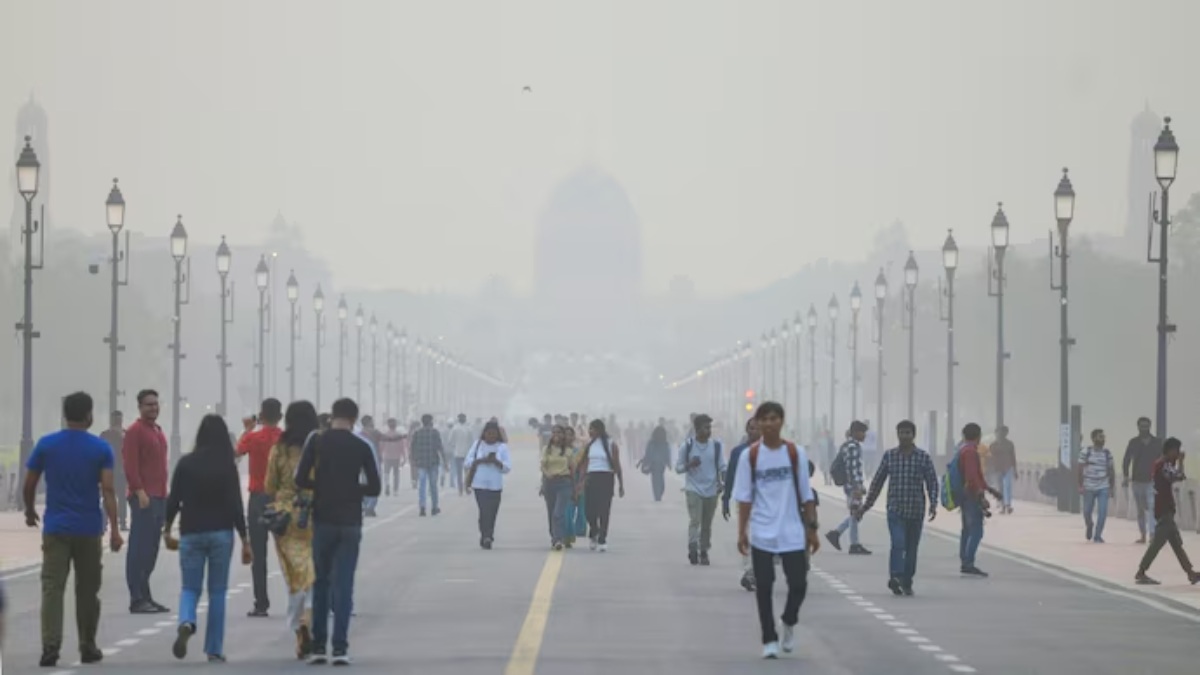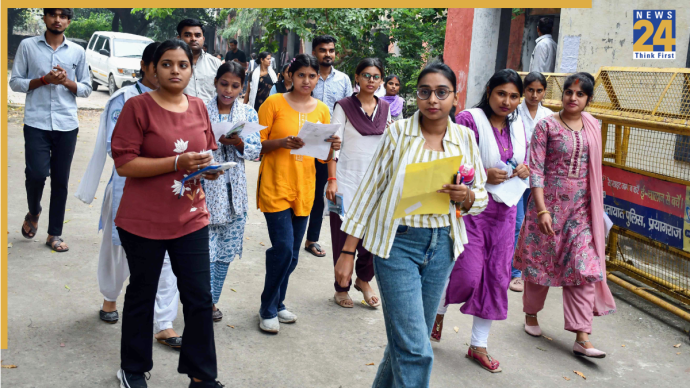Delhi’s air quality declines every year as winter approaches and the festive season begins, creating severe health complications for the Delhiites. Although the spike in air pollution levels around Diwali makes headlines, the ground situation is far from reality. The air pollution problem in the national capital is chronic, worsening annually and aggravated by various human activities. From vehicular emissions to dust arising out due to construction work and stubble burning in the neighbouring states, Delhi’s declining air quality stems from year-round pollutants, with the bursting of firecrackers on Diwali, adding an extra layer to this thick, toxic smog.
While it is beyond doubt that firecrackers during Diwali majorly contribute to rise in the air pollution levels, they are only a part of the perennial problem. Year after year, Delhi’s air pollution reaches alarming levels long before Diwali. Factors such as vehicle emissions, industrial pollutants, construction dust, and waste burning contribute to the high pollution levels across the National Capital Region (NCR). However, what further intensifies this pollution are specific seasonal triggers.
In winter, low wind speeds and the atmospheric phenomenon known as “temperature inversion” trap pollutants closer to the ground, worsening air quality. Also, the practice of stubble burning in neighbouring states like Punjab and Haryana and Eastern Pakistan in October and November months only adds to Delhi’s woes, pushing pollution to critical levels.
The bursting of firecrackers during Diwali go back centuries, rooted in tradition and festivities. While this tradition is cherished, the increasing awareness of its environmental and health hazards is changing perceptions. Firecrackers release harmful chemicals like sulfur dioxide, carbon monoxide, and fine particulate matter (PM2.5), which have immediate and long-term impacts on human health, especially for those with pre-existing respiratory conditions. Moreover, noise pollution from crackers severely affects the elderly, infants, and animals, causing immense distress.
Every year around this time, Delhi’s residents face significant health risks as a result of its worsening air quality. With Air Quality Index (AQI) levels frequently crossing the 400 mark in many areas, the risk of respiratory illnesses, cardiac conditions, and impact on mental health rises dramatically. Hospitals report a 10-15% increase in respiratory cases during this season, and conditions like asthma and COPD worsen for many. The particulate matter in the air can penetrate deep into the lungs and even the bloodstream, triggering inflammation and increasing heart and lung diseases. Vulnerable groups, including children, elderly people, and those with compromised immunity, are at greater risk as well as the pets and wildlife.
Delhi government has already implemented several preventive measures, such as banning firecrackers, enforcing the Graded Response Action Plan (GRAP), and launching public awareness campaigns. The GRAP imposes restrictions on construction activities, industrial operations, and the use of diesel generators. However, these steps, though necessary, have seen limited success. Even with a ban, the bursting of firecrackers continues, with nearly 18% of Delhi-NCR families eager to burst crackers despite the health risks, according to a recent survey by the NGO ‘LocalCircles’. Enforcing the ban effectively remains challenging, as the cultural attachment to firecrackers and lack of stringent penalties make compliance difficult.
The recurring pollution crisis in Delhi calls for a comprehensive, long-term approach beyond temporary solutions. Key measures should include expanding public transport to reduce use of private vehicles, increasing green cover to absorb pollutants, shifting industries toward clean energy, and launching awareness campaigns on pollution’s health risks and eco-friendly celebrations.
Diwali, known as the festival of lights, can surely be celebrated in more sustainable ways. People should be encouraged to celebrate Diwali through more eco-friendly ways, such as lighting earthen lamps (‘diyas’) and using LED lights. By avoiding firecrackers, we can honour the spirit of Diwali without compromising the health of Delhi’s residents or the environment. The fight against pollution in Delhi is not just about curbing one festive tradition; it’s about creating a sustainable future where air quality doesn’t dictate the quality of life. This Diwali, let’s focus on celebrating the festival with light and love, not smoke and noise, and take a step towards a cleaner, healthier Delhi.












